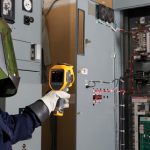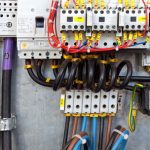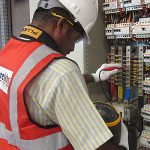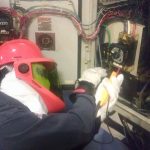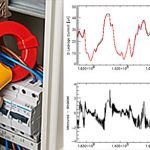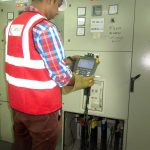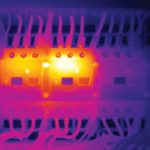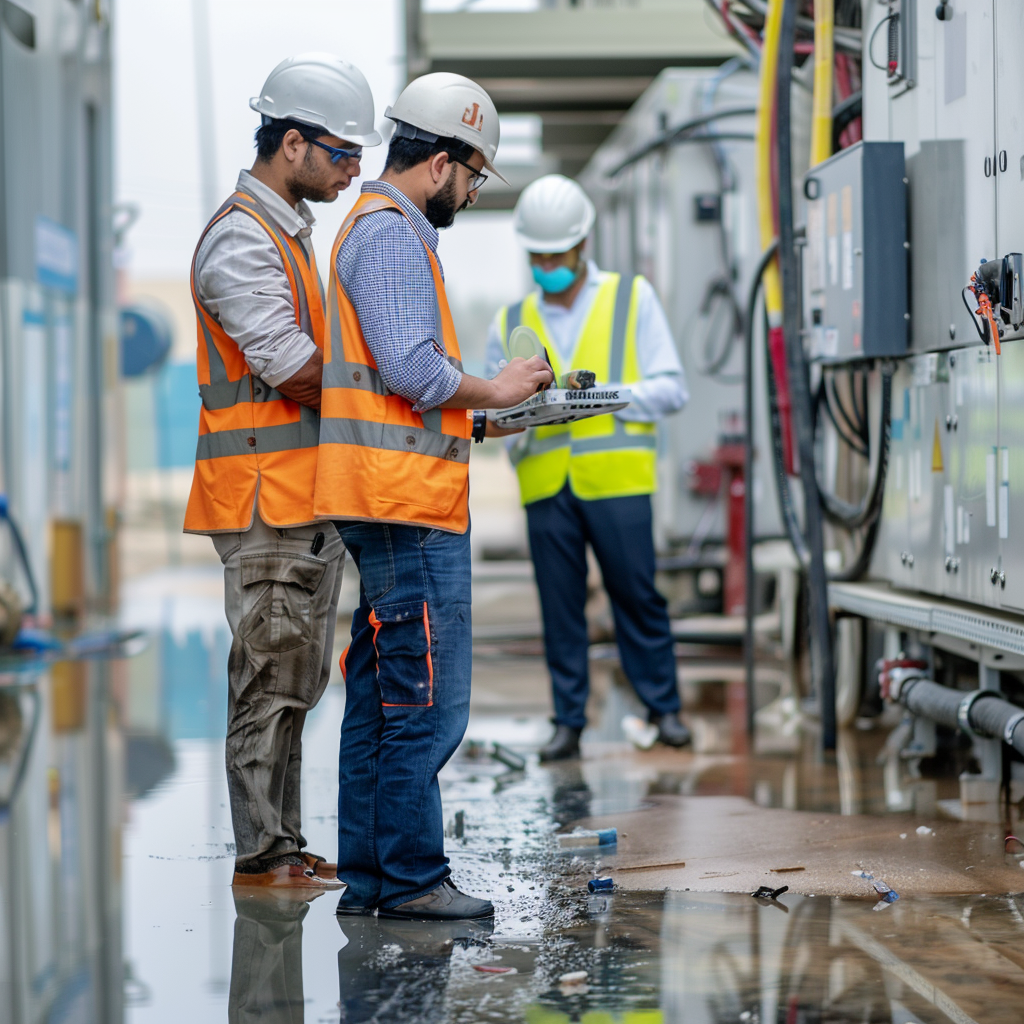
The UAE presents special difficulties during periods of heavy rains, especially with regard to electrical system safety. We discuss the vital subject of electrical inspection needs during these wet seasons in this blog article, stressing their significance in reducing hazards and guaranteeing safety.
Understanding Electrical Inspection in the United Arab Emirates
In the United Arab Emirates, the likelihood of electrical dangers rises sharply with heavy precipitation. The risk of electrical mishaps increases dramatically, from flooded roadways to soggy structures. Electrical inspections are crucial in this situation. But what precisely do they consist of?
Electrical inspections are essential for locating and resolving possible risks that can be made worse by flooding or water intrusion, particularly during the UAE’s intense rainy season. These checks are vital precautions against calamities waiting to happen; they are not just formalities.
Key Facts Consider in Rainy Seasons
Several important factors need to be taken into account when performing electrical inspections in the UAE during periods of high rainfall:
-
- Water Resistance: It’s critical to make sure that electrical components are sufficiently shielded from water intrusion. This entails checking the water resistance rating of electrical panels, junction boxes, and outdoor outlets.
-
- Grounding and Bonding: Safe electrical current dissipation depends on proper grounding and bonding. When there is a higher chance of electrical surges during wet seasons, inspectors should focus especially on these factors.
-
- Outdoor systems: After a lot of rain, outdoor electrical systems are particularly susceptible. To avoid water-related damage, inspections should concentrate on confirming the integrity of outdoor wiring, lighting fixtures, and other exposed components.
-
- Emergency Preparedness: The state of emergency systems, such as backup generators and emergency lights, should also be evaluated during electrical inspections. These systems are essential in bad weather and need to be checked carefully to make sure they are working properly.
-
- Code Compliance: Compliance to local electrical laws and regulations is mandatory and cannot be waived, particularly in the event of intense precipitation. In order to prevent electrical dangers and survive bad weather, inspectors should confirm that all installations adhere to the necessary standards.
The Function of Contractors and Inspectors
In particular, during periods of heavy rainfall, qualified electrical inspectors and contractors are essential to guaranteeing the dependability and safety of electrical systems. Their proficiency in recognising possible risks and putting appropriate measures in place is essential for protecting people and property.
In order to do in-depth inspections and spot any flaws or code violations, inspectors need to be well-versed in electrical systems and regulations. Similarly, in order to effectively limit risks, contractors assigned to repairs or upgrades must follow industry best practices and standards.
The Benefits of Regular Inspections
Not only are routine electrical checks crucial in the winter, but they are also crucial in the summer. Potential risks can be found and dealt with before they become emergencies by doing routine checks. This proactive strategy helps save expensive repairs and downtime in addition to improving safety.
Awareness and Cooperation
Effective electrical safety under heavy rains depends on stakeholder coordination in addition to individual efforts. To guarantee standard compliance and prompt maintenance of electrical systems, property owners, inspectors, contractors, and regulatory agencies must coordinate.
It’s also critical to educate the general people about the significance of electrical safety precautions during periods of intense rainfall. Workshops, educational materials, and informative campaigns can help spread important knowledge and encourage it.
In conclusion, electrical inspections in the UAE during periods of intense rains are crucial precautions to protect people and property, not only legal requirements. We can reduce the dangers associated with bad weather and guarantee the continuous safety and dependability of our electrical systems by following strict inspection guidelines and swiftly resolving any problems that are found.
Electrical safety must continue to be the primary concern for businesses, homes, and regulatory agencies alike as we negotiate the difficulties brought on by the UAE’s significant rainfall.

